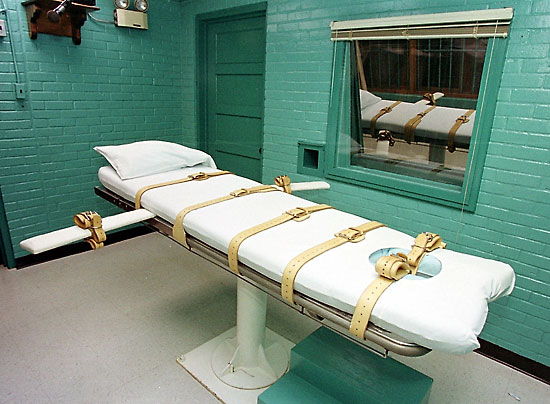A U.S. Airstrike killed 22 people including 10 patients, among them 3 children, and 12 medical staff in an attack on a Doctors Without Borders/Médecins Sans Frontières (MSF) hospital operating in Afghanistan’s northern province Kunduz on October 3, 2015. The attacks continued for 30 minutes after U.S. and Afghan military learned by telephone that the hospital was being bombed. MSF has demanded an independent international investigation because it does not trust internal military inquiries. The humanitarian aid organization wants the attack to be investigated as a war crime, under the Geneva Convention, which is a set of treaties in regards to humanitarian issues concerning civilians and combatants during wartime. Dr. Joanne Liu, the international President of MSF has stated,
“Nothing can excuse violence against patients, medical workers and health facilities. Under International Humanitarian Law hospitals in conflict zones are protected spaces. If we let this go, we are basically giving a blank cheque to countries at war.”
IHFFC
Dr. Liu has asked the International Humanitarian Fact-Finding Commission (IHFFC) to lead the investigation. IHFFC will be gathering facts and evidence from the U.S., Afghanistan and NATO. The IHFFC was set up under the Geneva Conventions in 1991 to investigate serious violations of international humanitarian law; however, it was never used. Afghanistan and the U.S. are not among the 76 signatories, which requires them to give consent before the investigations begin. Inquiries have also been ordered by the U.S. Department of Justice, the Pentagon, NATO and an American-Afghan team.

Just four days before the bombing took place, MSF published an article on their website about the work they were actively doing in Kunduz, especially after the recent resurgence by the Taliban on September 21, 2015. Since the Taliban takeover alone, the MSF hospital treated 171 wounded, which included 46 children. A survivor from the U.S. airstrike said that he “saw doctors and patients burning.” MSF stated that the hospital co-ordinates were well known by the U.S. and Afghan military. The non-for-profit organization has been working in Afghanistan for 35 years, since 1980.
U.S.’ Differing Statements
The U.S. has released many different statements since the attacks. Two days after the incident on Saturday, October 5, they claimed the attacks took place “against individuals threatening the force.” Three days later, on Tuesday, October 6, they stated, “U.S. forces provided close air support to Afghan forces at their request.” American commander Gen. John F. Campbell also added “The decision to provide aerial fires was a U.S. decisions, made within the U.S. chain of commands. A hospital was mistakenly struck; we would never intentionally target a protected medical facility.”
 Jens Stoltenberg, Secretary General of NATO extended his condolences to all those affected by the attack as soon as he was informed of the horrible incident. President Obama’s apology to Dr. Liu and the Afghan President Ashraf Ghani came six days after the bombing took place.
Jens Stoltenberg, Secretary General of NATO extended his condolences to all those affected by the attack as soon as he was informed of the horrible incident. President Obama’s apology to Dr. Liu and the Afghan President Ashraf Ghani came six days after the bombing took place.
Taliban Resurgence in Kunduz
The Taliban attacked and recaptured most of Kunduz city on September 28 this year. The Afghan military has been working to retake the city and heavy fighting between the two has continued. Kunduz was attacked from three sides and now Afghan security officials have admitted that part of the attack took place from within the city. Taliban fighters were said to be hiding in people’s homes. Amnesty International has accused the Taliban of human right violations in Kunduz.

BBC World News featured a story of a young man named Abdul who was captured by the Taliban on his way home from Kabul where he spent Eid holiday to the northern province of Takhar. He took a taxi with other passengers and was assured by the driver that they would not be hurt due to his connections with the Taliban. Afghan authorities had suggested that Kunduz was back in their control, which led him to make this journey.
He soon found out that most of the city was still under Taliban control. The Taliban insurgents started questioning the passengers and became suspicious of Abdul. He was soon taken to a killing ground because they believed he worked for the Afghan government. Abdul claims that he was very close to death. They put a knife to his neck but did not carry on the killing because another insurgent, Abdul’s age became emotional and intervened. They let Abdul walk though he had his finger cut off with the knife for defending himself. Not everyone was as lucky as Abdul who saw many dead bodies lying on the side of the road while he was taken to the killing ground.
Many observers believe that Kunduz’s fall to the Taliban was inevitable due to its history. This issue will be discussed in part two of this series.




